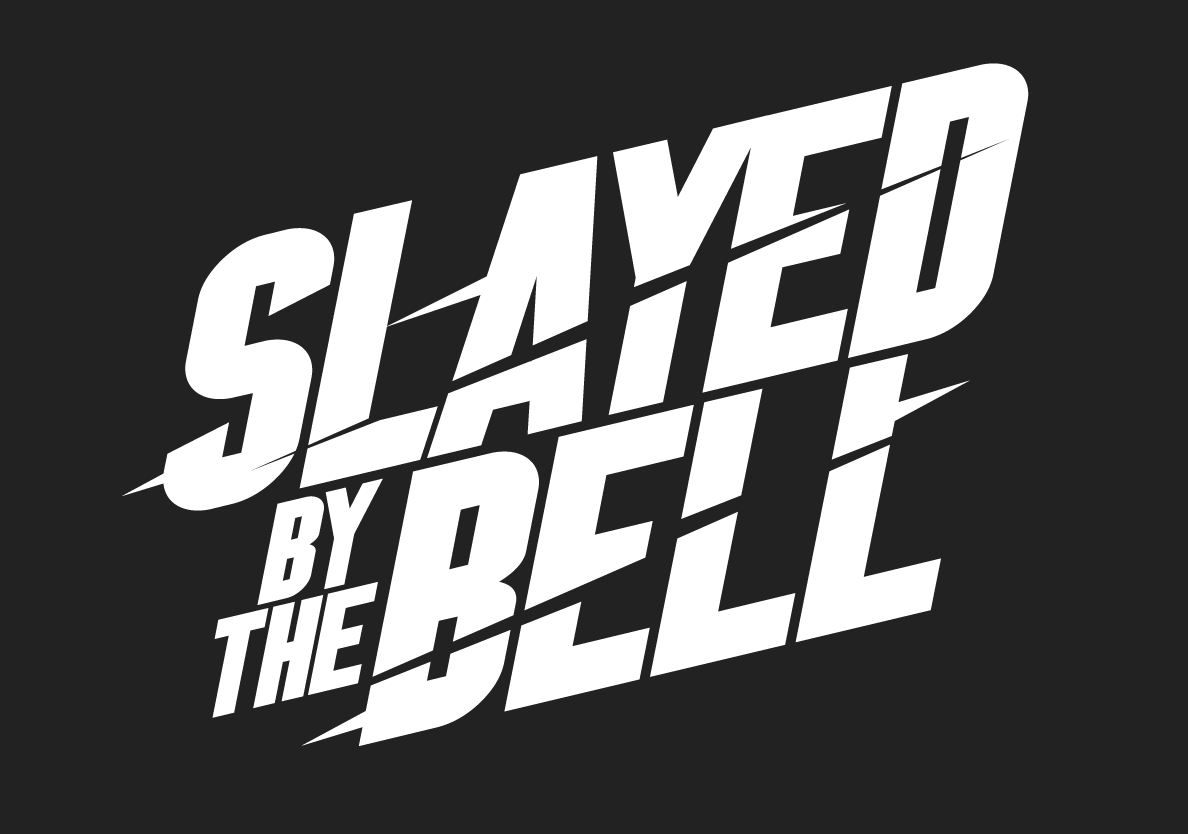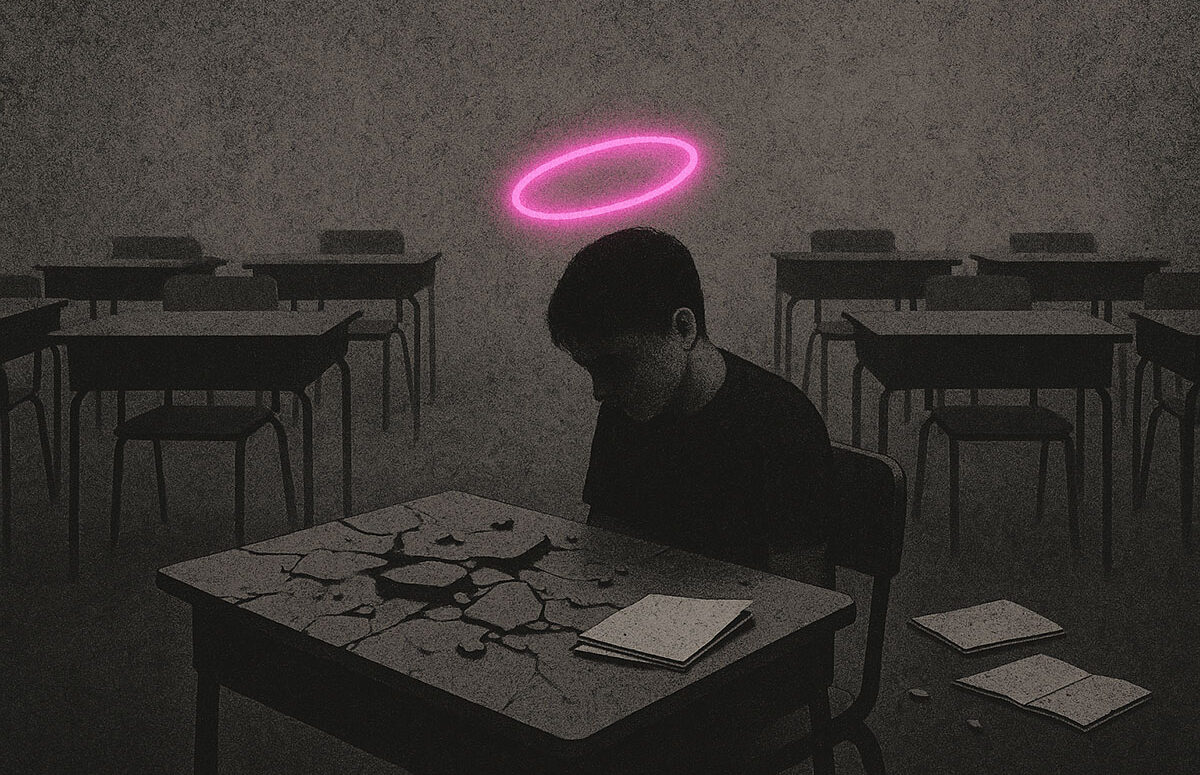Nice words don’t work without real consequences.
Don’t belive the bullshit that every behavioural issue can be fixed with a restorative conversation. That if you sit the kid down, let them talk, and get everyone to “reflect,” things will magically improve. Spoiler alert: they don’t. Restorative practice has been diluted to the point of uselessness. It’s become a ritual of empty scripts, soft tones, and zero fucking impact. You cannot ‘chat’ your way out of a discipline crisis.
Problem
Schools have replaced sanctions with sentiment. Accountability has been swapped for empathy theatre. And the more we do it, the more emboldened disruptive kids become. They know that no matter what they do, they’ll be offered a soft chair and a chat, a nice walk with that dick head SLT member who has the impact of wet bread, not a real consequence. Meanwhile, everyone else—teachers, support staff, compliant students, is left wondering who the fuck is actually in charge.
Causes
Misuse of restorative justice: Originally a serious process grounded in conflict resolution, it’s now just a script. Real restorative practice demands responsibility and a change in behaviour. What we’ve got is a tick-box exercise and some fucking laminated prompts by some dick head in a high-vis vest.
Fear of being seen as punitive: School leaders are terrified of looking harsh. They’d rather perform compassion than enforce rules. The word ‘detention’ gets replaced by ‘reflection’ and suddenly no one takes it seriously.
Performative wellbeing culture: Everything is now about “emotional regulation” and “student voice,” even when that student just threw a fucking chair at a TA, and set fire to three other kids “its ok, we hada quick chat and he’s hada moment to reflect”. WTF?. We’ve confused trauma-informed with consequence-free, and it’s destroying classroom authority.
Managerial cowardice: SLT won’t back staff who issue sanctions. Instead, they pull them into “restorative mediations” where both sides—including the adult—are expected to apologise. Fuck that. Please re-read this and tell me what the fuck planet we are on?
Effects
Staff feel gaslit. Students learn that bad behaviour earns them attention and airtime. Lessons get disrupted by kids who’ve clocked that all they need to do is say “I feel unheard … you fucking bi**h” to derail an entire day. It’s a fucking joke.
If every confrontation becomes a discussion, nothing gets resolved, because the message is that consequences are optional. It signals that every action is up for interpretation, and the adult response is up for negotiation.
Restorative practice, as currently applied, is the ultimate inconsistency. Sometimes it’s used. Sometimes it’s not. It depends who’s involved, who’s watching, and who can talk the BS. What was meant to repair relationships now often undermines authority, weakens boundaries, and trains students to manipulate the system.
It’s not restoration. It’s appeasement. And it’s gutting to staff morale.
Solutions
Restore the balance. Restorative conversations can be powerful—but only after a sanction. Not instead of one. You can empathise and enforce. It’s not either-or.
Back your staff. SLT need to stop throwing teachers under the bus in the name of “neutrality.” When a kid swears at a teacher, the teacher doesn’t owe them a fucking apology. End of.
Scrap the script. If it feels like theatre, it probably is. Real conversations require authenticity, not prescribed lines and coloured cards and training from that member of SLT (you know the one…we all have at least one).
Bring back meaningful consequences. They’re not abusive. They’re necessary. Without them, restorative practice is just noise.
Conclusion
Restorative practice isn’t the problem. The bullshit, watered-down version we’ve ended up with is. When done properly, it can help rebuild trust and accountability. But right now, we’re running a system of endless chats and zero change. You can’t talk your way out of dysfunction. Sometimes, someone just needs to face a consequence. That’s not cruelty. That’s discipline. And we need a fuckload more of it.

